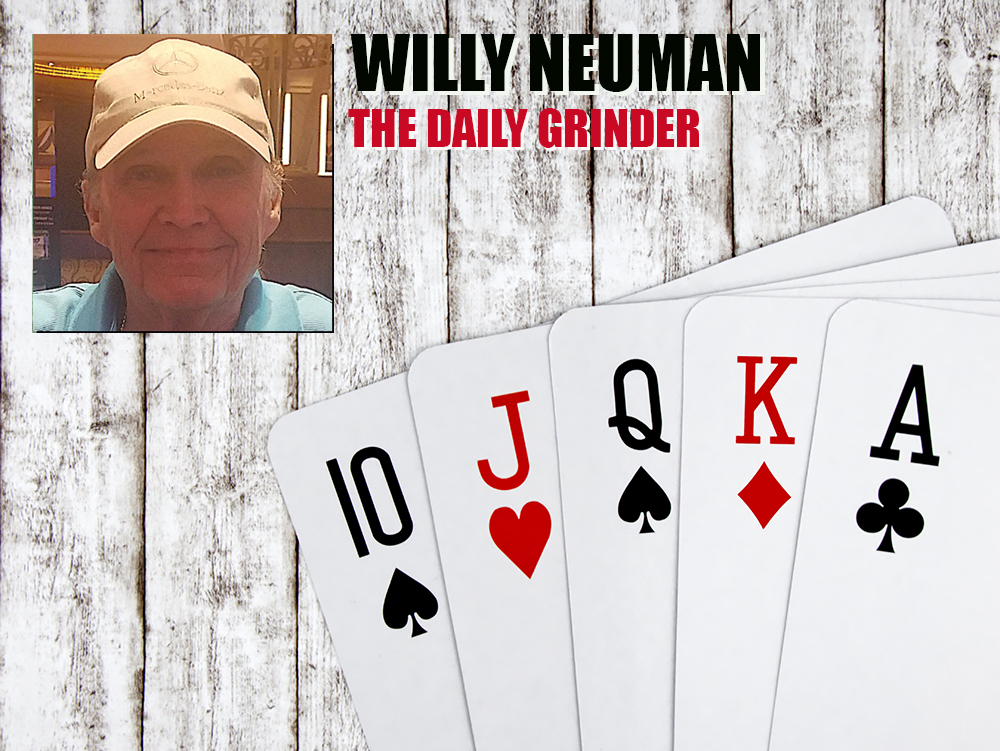We’ve all seen it. A player takes an extra-long time to make a decision. Just as another player is about to call time, he finally acts. A typical example is when someone goes all-in on the flop, causing another player to go into the tank, trying to put together all of the relevant factors to come up with the right decision. The wrong decision may result in a lot of money lost in a cash game or busting out of a tournament.
Then comes the show of emotion when the turn and river are dealt: elation or despair. For the next few minutes, the player is going to be cursing fate or congratulating himself on sorting through every detail in the hand and then making a brilliant decision. Do you see what’s wrong with this scenario, regardless of the outcome? It’s really simple: It’s correct or it’s wrong. The cards delivered on the turn and river are unrelated to the decision.
It’s quite possible the wrong decision was made, but through luck the right two cards showed up to win the pot. Here’s an example to emphasize my point. In a recent no-limit game, I made a significant raise with pocket queens and the small blind called with K-3 offsuit. If he had been paying attention, he would have noticed I had taken down several pots with solid holdings and realized it made no sense to call my raise. Since I was a 3-to-1 favorite to win the hand, which he could’ve surmised if he had the right thought-process, there was no justification for him to proceed.
As you can guess, a king came on the flop, he won the hand and I noticed a look on his face that said he was extremely satisfied with his excellent decision to call. How can a player like this expect to improve his play if he can’t correctly determine if he made the right decision for the right reason?
It takes a high level of objectivity to determine if you made the right decision and it has nothing to do with the next card. That’s something you cannot control.
Gather the facts, put everything together, make your best decision and then congratulate yourself on playing correctly. It doesn’t matter what the next card is.
— Willy Neuman is a prop player at Ft. McDowell Casino in Arizona in the winter, but plays at Hollywood Casino in Aurora, Ill., most of the year. Email him at editor@anteupmagazine.com.




